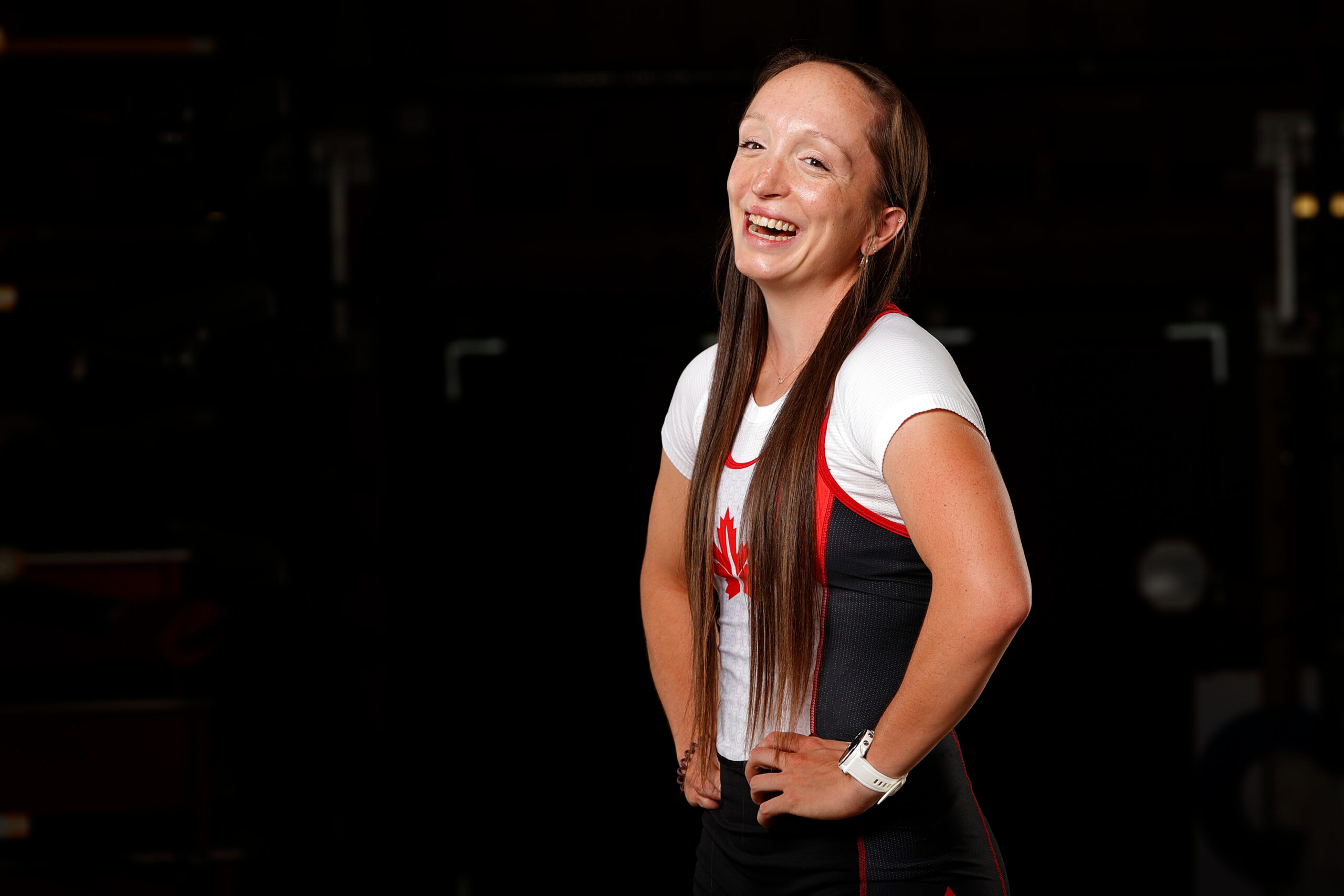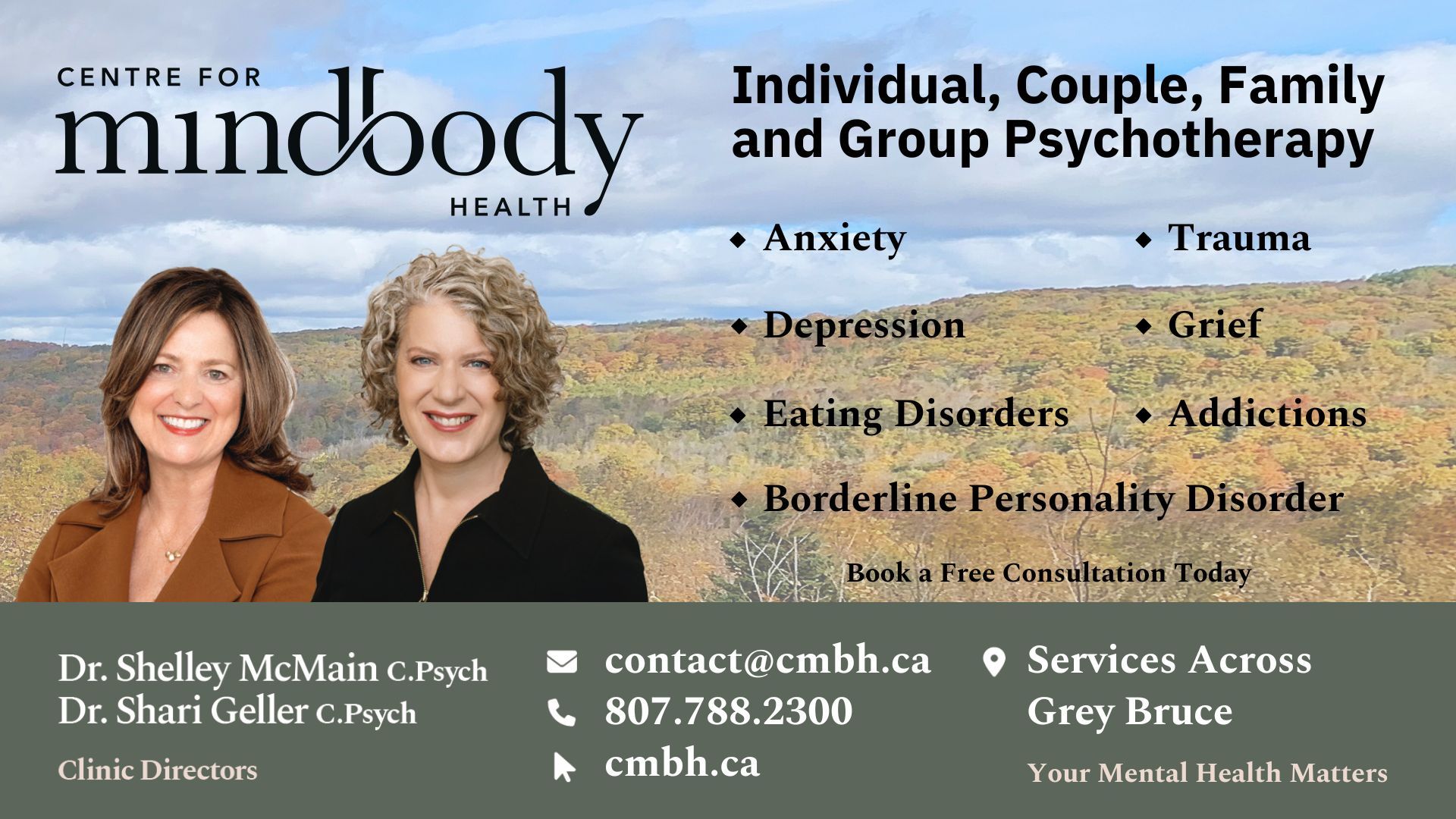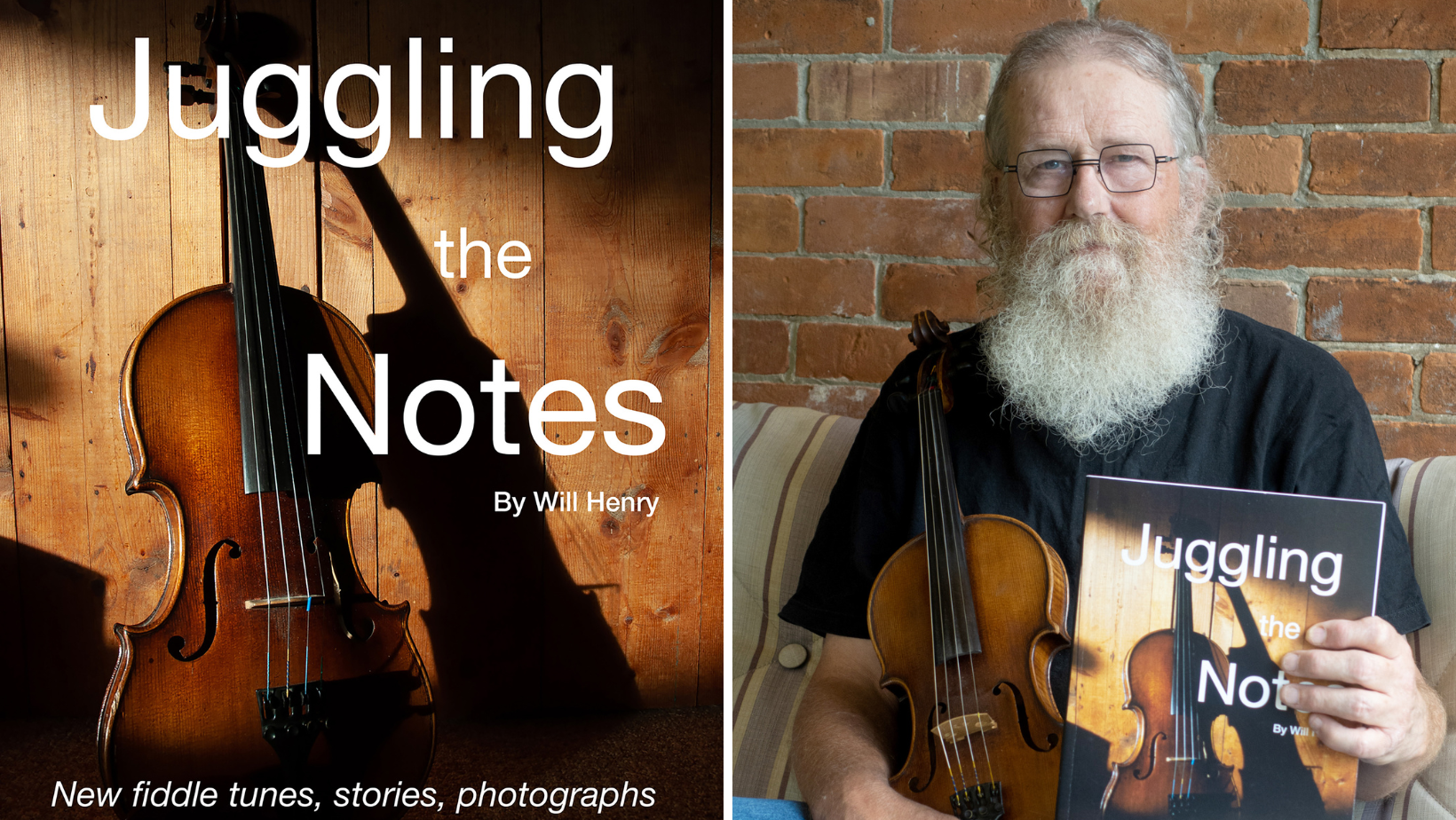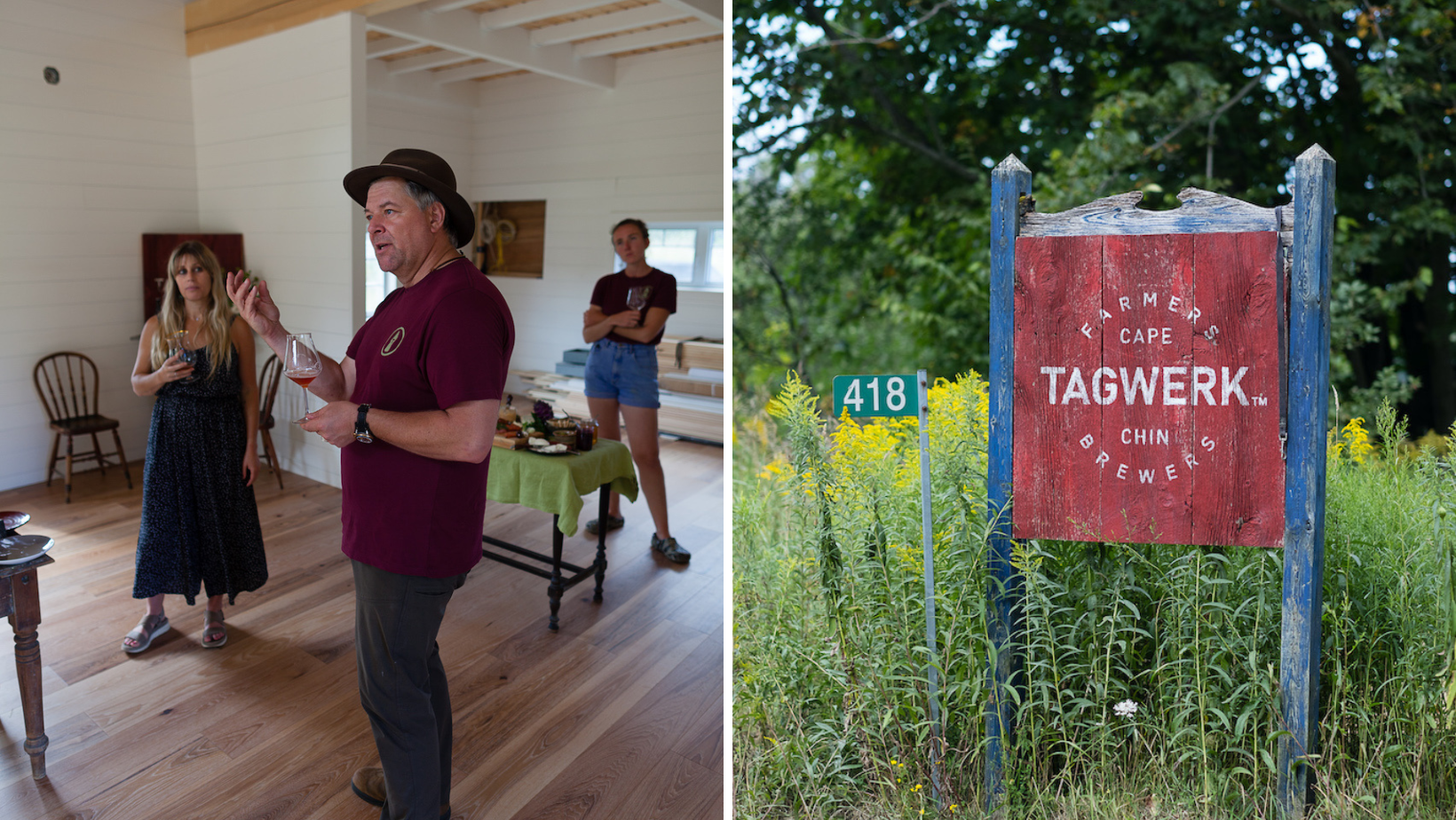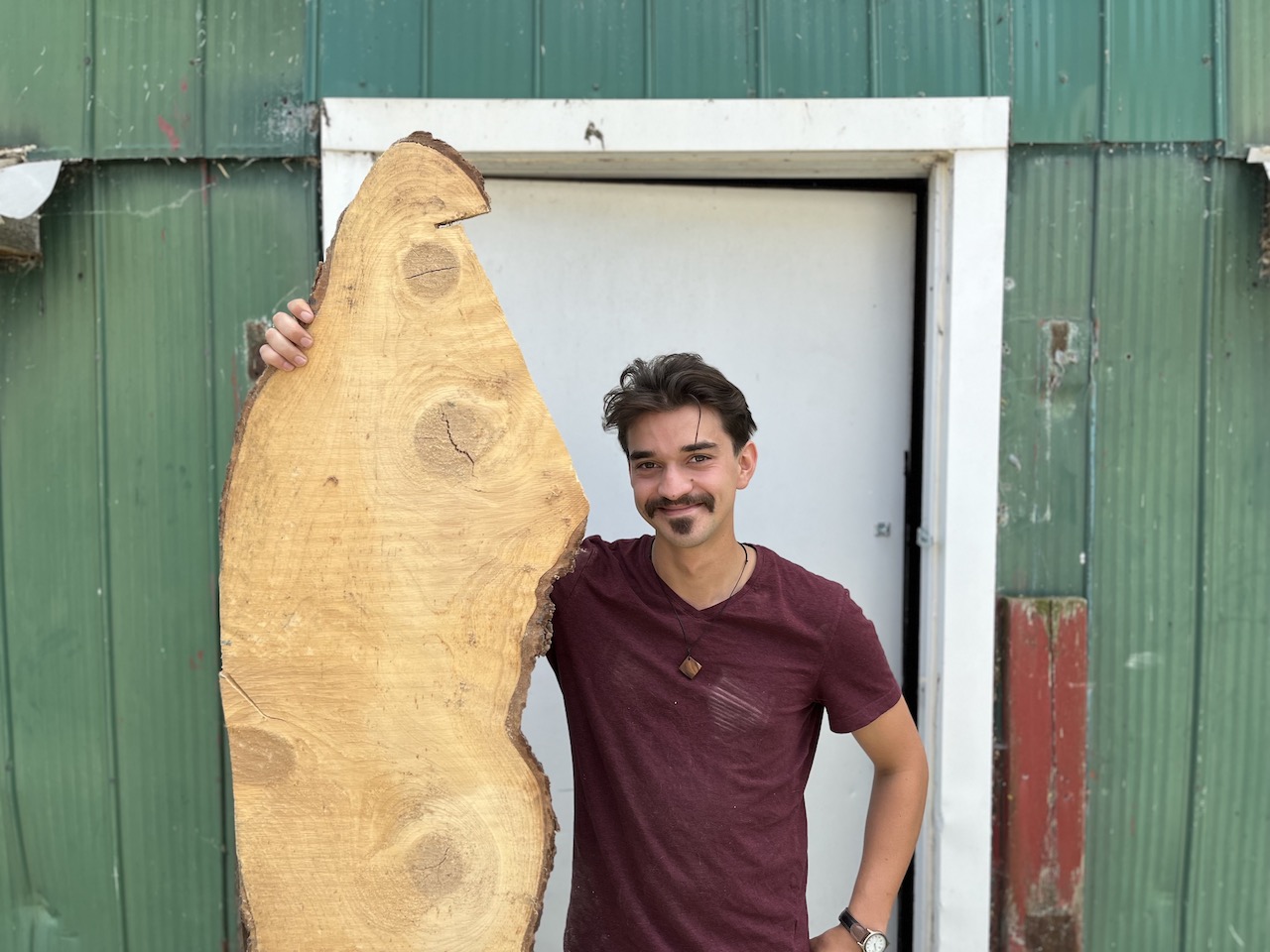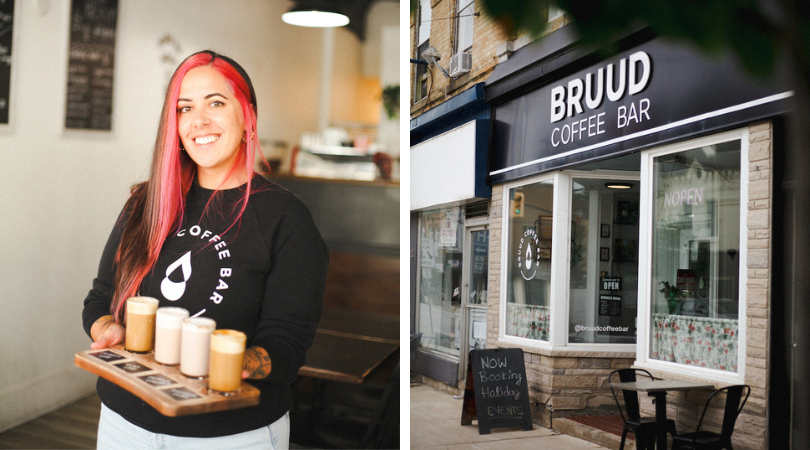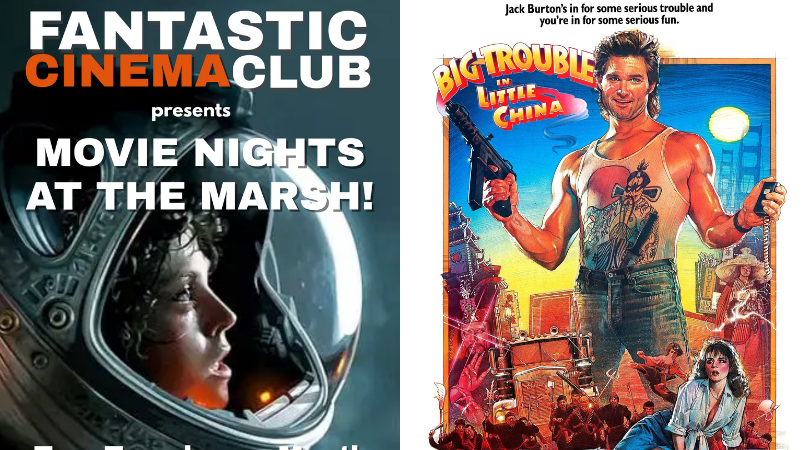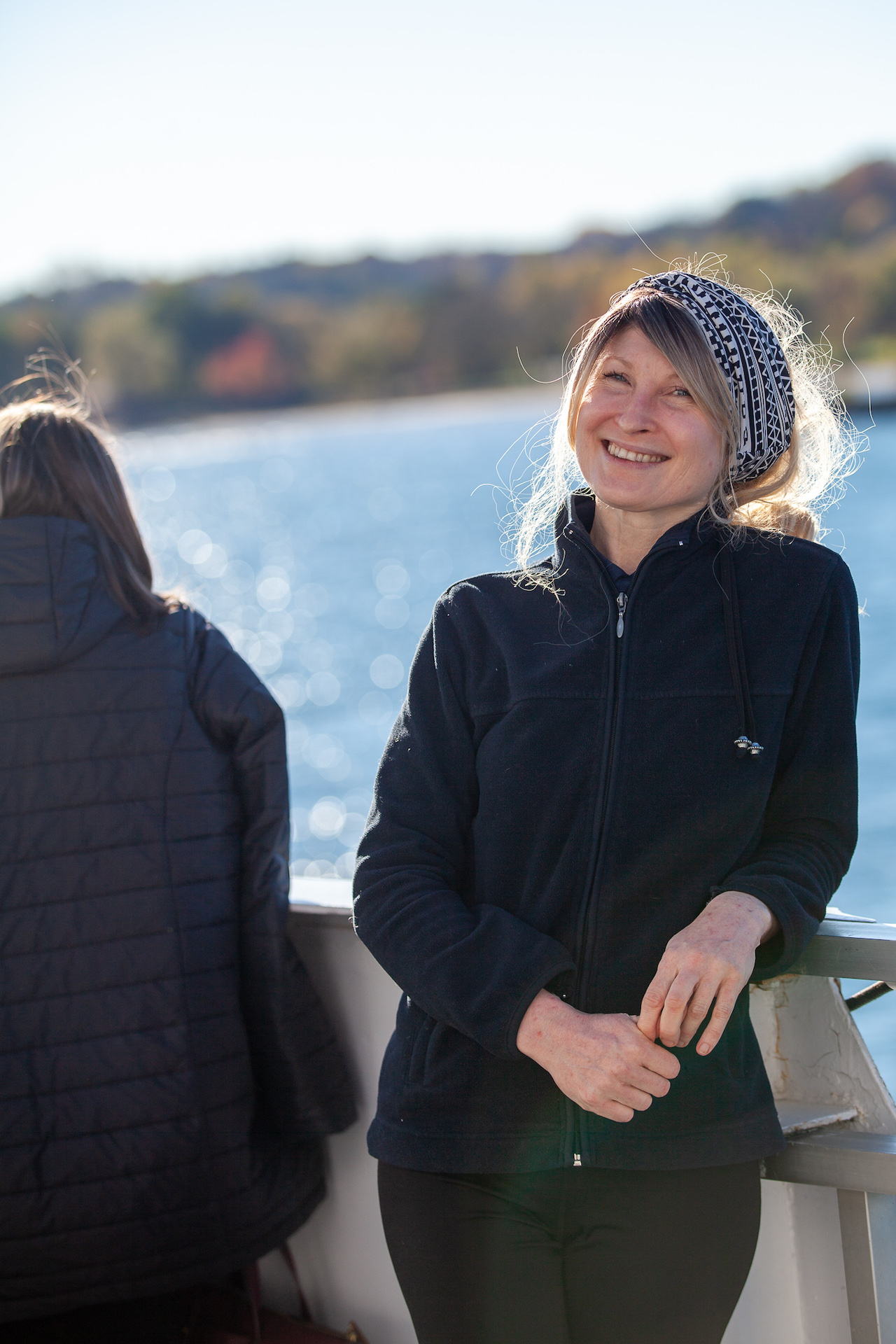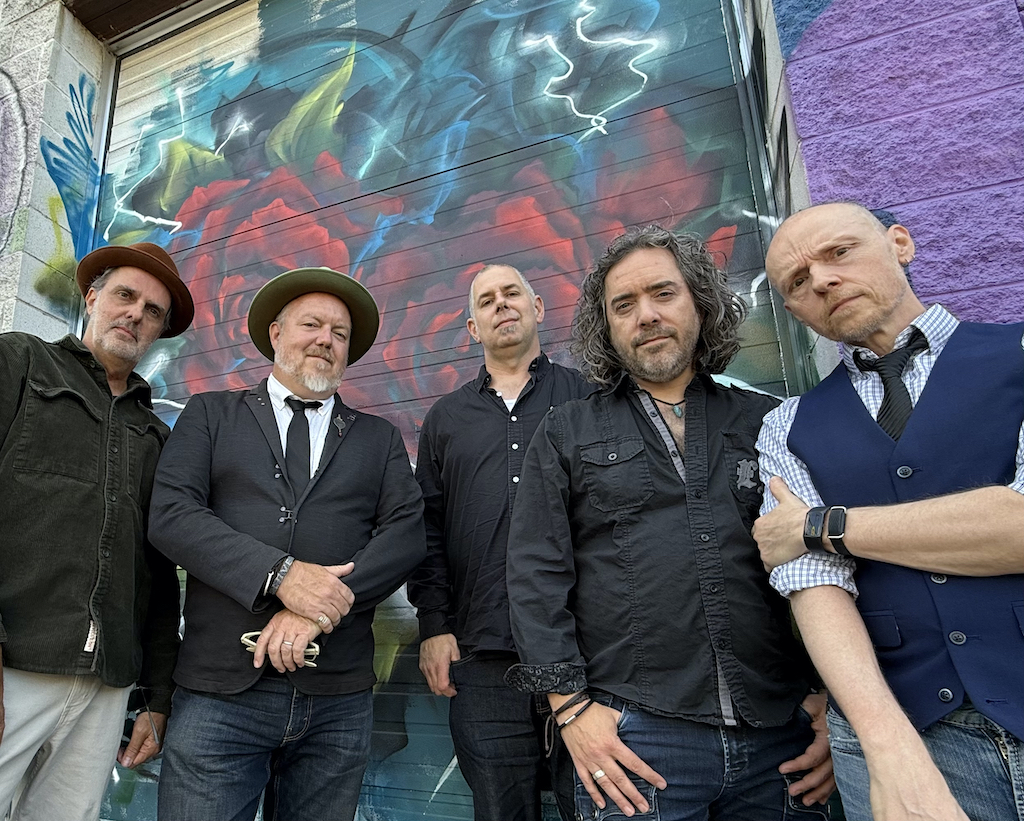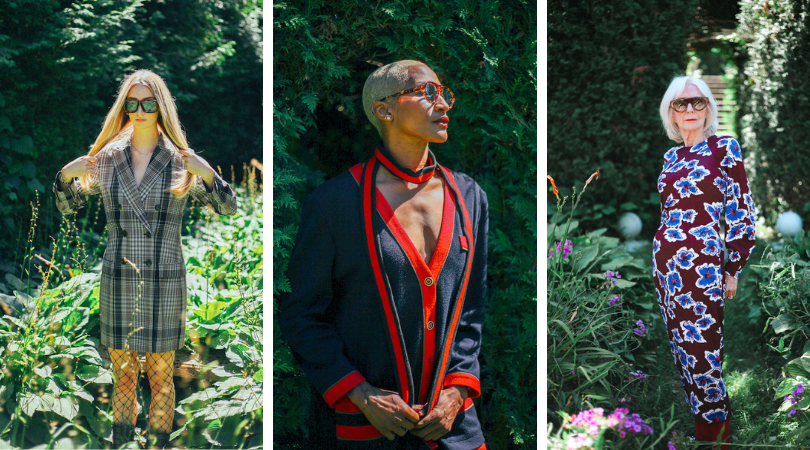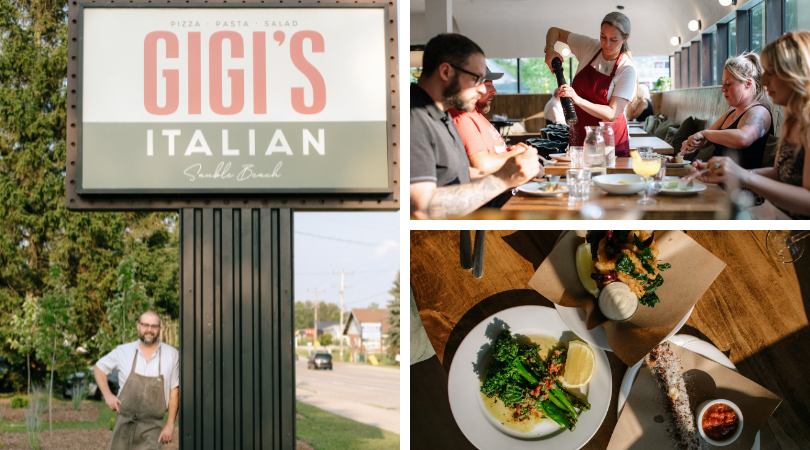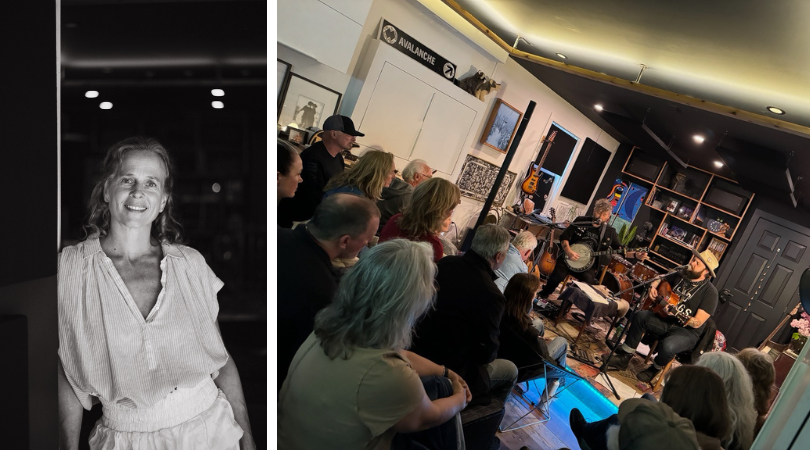Rr: I’d love to get started by first asking what fuels you? You’re no doubt a very motivated and driven individual – what gets you out of bed in the morning, what are you passionate about?
The first thought that came to mind was “coffee” haha working the jobs that I do where one requires me to work late(r) evenings and the other with early mornings, coffee seems like an appropriate answer for what gets me out of bed in the morning. However, on a more serious note, I love what I do and I think that helps a lot. It doesn’t feel like “work” when you do things everyday that you genuinely enjoy doing. I love having the potential to make a difference in people’s lives, even to the smallest degree. Whether that’s helping a client through their program, having an athlete perform a new skill or being a role model for younger athletes. You never know the impact you can have on people and how the smallest actions can have the biggest influence and I think that’s a pretty special thing. In terms of myself, I’ve be told that I have high standards and like to push my boundaries sometimes more than I would like to admit. I think if you have a dream or a goal, with a little hard work, commitment and heart, you can accomplish whatever you put your mind to.
Rr: Let’s discuss your sports career from the beginning – now that you’ve been inducted to the OS Sports Hall of Fame in 2020, let’s rewind and discuss how your upbringing around sports and dance spurred on your love for gymnastics and fitness.
If we started from the very beginning, I started dancing at the age of two but my mom would say it started long before that.
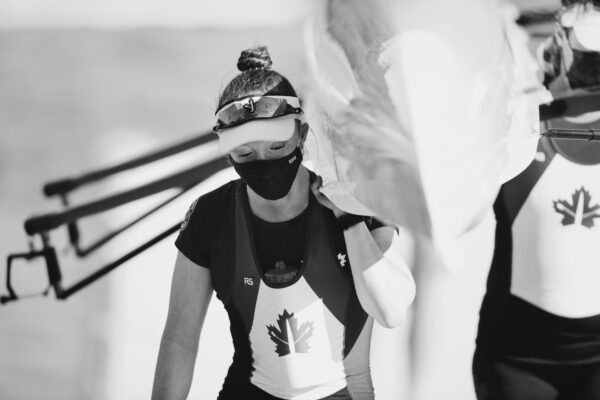
Growing up, I was fortunate enough to have parents that owned a dance facility and personal training gym, so I guess you could say I was born right into it! Luckily for them, I fell in love with dance and then when my parents opened the gymnastics facility, I fell in love with the sport too.
Between dance and gym, I was at the studio 6-7 days a week for 4+ hours a night for as long as I can remember – and if I wasn’t there, I was next door at (formerly) SportMakers watching the hockey players train and occasionally giving them a run for their money laughs Fortunately, I had a large community of athletes and role models to look up to when it came to sport, work ethic, knowledge and accomplishment. Kurtis MacDermind, the former Owen Sound Attack player who just recently won the NHL Stanley Cup with the Colorado Avalanche used to train with my dad.
Our family was his billets for a few years while he played with the Attack. He was one of the people I looked up to and leaned on when it came to passion, sport, and how to time-manage, eat, sleep, etc around the clock as a “true athlete.” I’ll always be grateful for the community I had growing up, it’s part of the reason why I love what I do now. It gives me the opportunity to have the same effect on younger athletes that people like Kurt had on me.
Rr: What made you shift gears and pick up a paddle? How did rowing find you, and what made you say to yourself, “I’m going to give rowing my all?”
I had just retired from dance and gymnastics and with going away to school I knew I still wanted to be active and be a part of a community, so I decided to try out for both the novice rowing and cheerleading teams. Cheerleading was a safe bet because of my gymnastics background, but rowing was brand new.
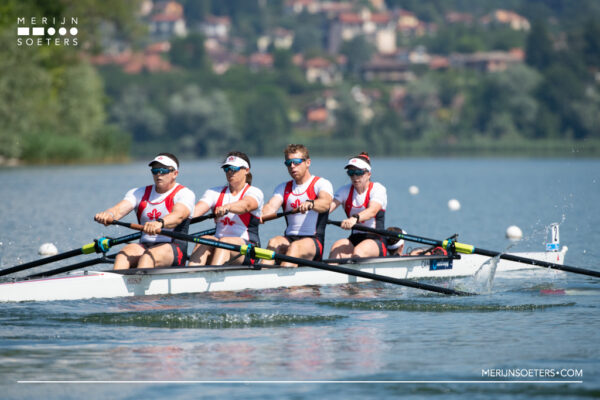
I got the idea of trying out for the rowing team after a family friend, who was also a former dance student of my mom’s and who was on the national rowing team at the time, told me I should give it a go. Fortunately or unfortunately
The longest routine in gymnastics is 1:30 and with rowing, your sprint race is 2km, which takes anywhere from 6-8mins. It was a big change and there were a lot of tears, but I had the best novice coaches I think I could’ve ever asked for, which made the experience all the more worth while. During a morning training session, Carol Love – a “next gen” coach at the time, and the current National Team coach, came over to me and asked me about my fingers. I told her I was born with amniotic bands on my fingers. They were to self amputate when I was little but never did, and now they aren’t as developed and my others. I also showed her my left foot at this time – I was born with severe bilateral club feet, the doctors told my parents I would never walk. My left foot required reconstructive surgery and due to this I now have muscle dystrophy, poor range of motion, mobility and muscle power in that leg. Carol told me I might have an opportunity to be classified as a para athlete and compete for the national team one day.
As you can imagine, that was a lot to digest in a matter of 30 seconds – not only because I could potentially represent my country one day, but also to be classified as a para athlete. Not that there is anything wrong with para athletes – I think they are some of the most inspiring people in the world. It’s just that until that moment, I was never brought up to believe that anything was “wrong” with me. My parents never treated me any differently/gave me special treatment because of my leg. My left foot and trips to SickKids were just a part of my regular routine, I truly thought nothing of it. We ran with it though!
A week later I was introduced to the national team para recruiter, in February of 2018 I had my first provincial camp, a week later my first national team camp. From there it was even more expedited: trained in Peterborough during the summer, flew out to BC for a national team “summer camp,” which ended with us going to the World Championships and finishing in 4th after less than a year in. I think it was that moment along with the moment back in December 2017 when Carol approached me that I knew that this was something I was truly going to give my all. When conversations about the Olympics and Paralympics begin to rise, you know you’ve either got to be “all in” or “all out.” That’s when I decided I’d do anything and everything to chase that dream.
Rr: Huge congrats on your Tokyo Paralympic Games and your 4th at the World Championships in 2018. Tell me about the level of intensity you’ve encountered at that elite level of competition, how do you deal with the pressure and excitement of that challenge, and how did you develop those strategies?
Thank you! Representing your country and being at that elite level is a whole different kind of intensity, almost hard to describe but the respect your competitors and teammates have for one another is at another level too. I would train 6-7 days a week 2-3x a day. It all really depends on where you’re at in the season as to what your training would look like. Winter is filled with longer rows, more cross training, less intensity and higher weight training. Summer is for higher intensity and lower km’s.
Whether it’s pressure/excitement from racing or pressure leading up to racing, that pressure is always there. When you’re at that level, you’re always trying to be the better athlete because there’s always someone coming up that could take your spot, so you’re always trying to one-up yourself everyday. Looking back, I think I could’ve done a better job at this and learn to trust the process more, but you don’t know that in the moment, so taking it day-by-day is what I did. I just continued to put my best foot forward. Some days it’s your day, others it’s not, but there’s always something to take away from the experience whether it’s a victory or a tweak in the learning curve moving forward.
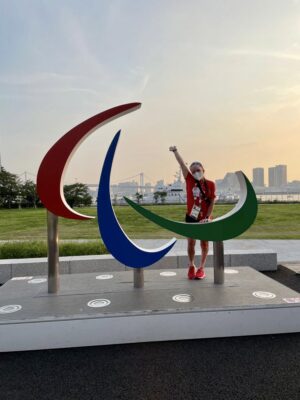
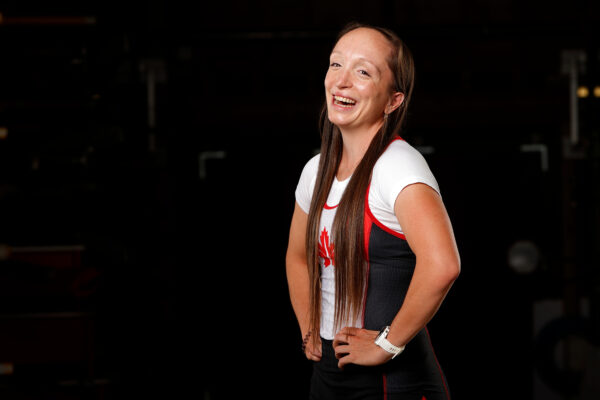
Rr: I work out at OS Fitness as well – I see you there from time to time absolutely crushing it – walk us through your training regimen and schedule back here at home. What’s your favourite aspect of training, and what goals are you pursuing for yourself these days?
Haha I see you in there too absolutely crushing the stair game, good on you! Right now, training at home looks very relaxed compared to a year ago. Post Paralympic Games, I decided to take a full year off of rowing for both mental and physical reasons. I moved back home and slowly got back into the gym and into a new routine. A year later, post Games, I’m continuing to stay involved with fitness, but with a whole lot more balance. It’s hard to describe, but when you’re in that environment, everything revolves around sport. The things you eat to the things you do during your “down time” all have the ability to impact your training session in one way or another. It sounds funny but it’s a nice change to not have to stress about those things as much anymore. Right now my goals tend to follow this pattern of continuing to find that balance. Knowing that I don’t have to train everyday – let alone 3x a day – to be “fit,” I can spend more quality time with friends and family, pursue work, and focus on goals in other areas of my life outside of sport.
Rr: What’s next for you? Let us know where we can expect to hear about you next.
As I mentioned, for now I’m continuing to work on balancing life out in all areas. I’d like to go back to school and continue my education, but until then I’ll continue my passion and give back in my coaching like my coaches did for me. Rowing isn’t completely out of the picture, but it’s on the back burner for now.
Rr: Finally, are there any digital channels or spaces you’d like us to include in the article? Socials, websites, etc? How can people find you?
My work / fitness account on Instagram is @__bb.fitness
—
Interview by Nelson Phillips
Photos by Kevin Light

